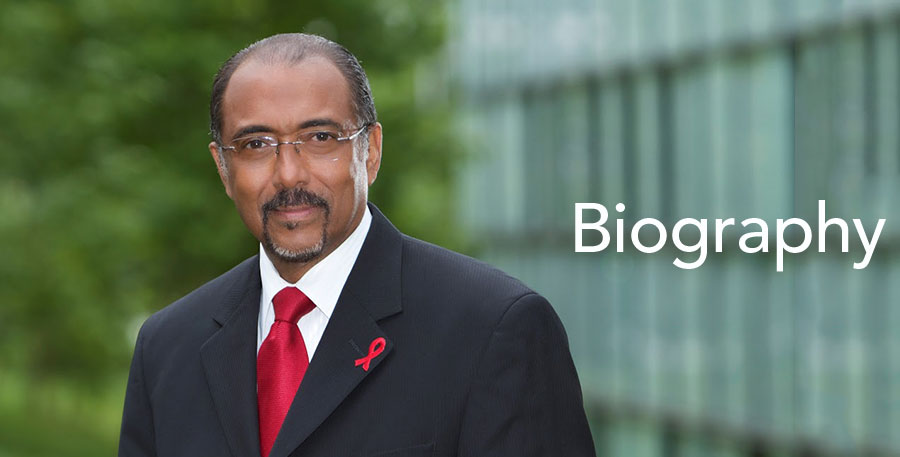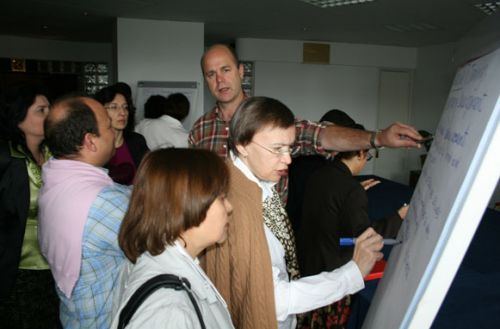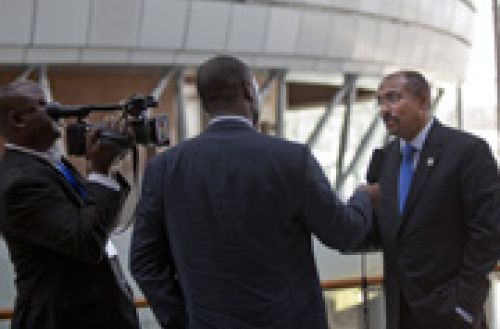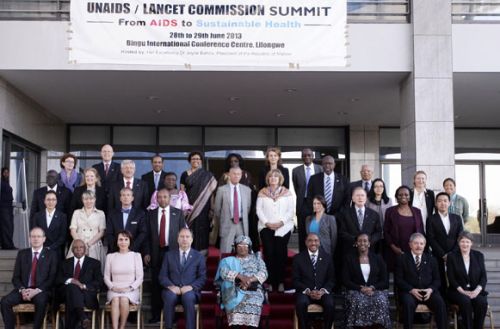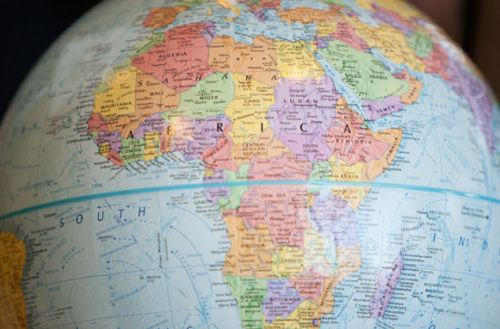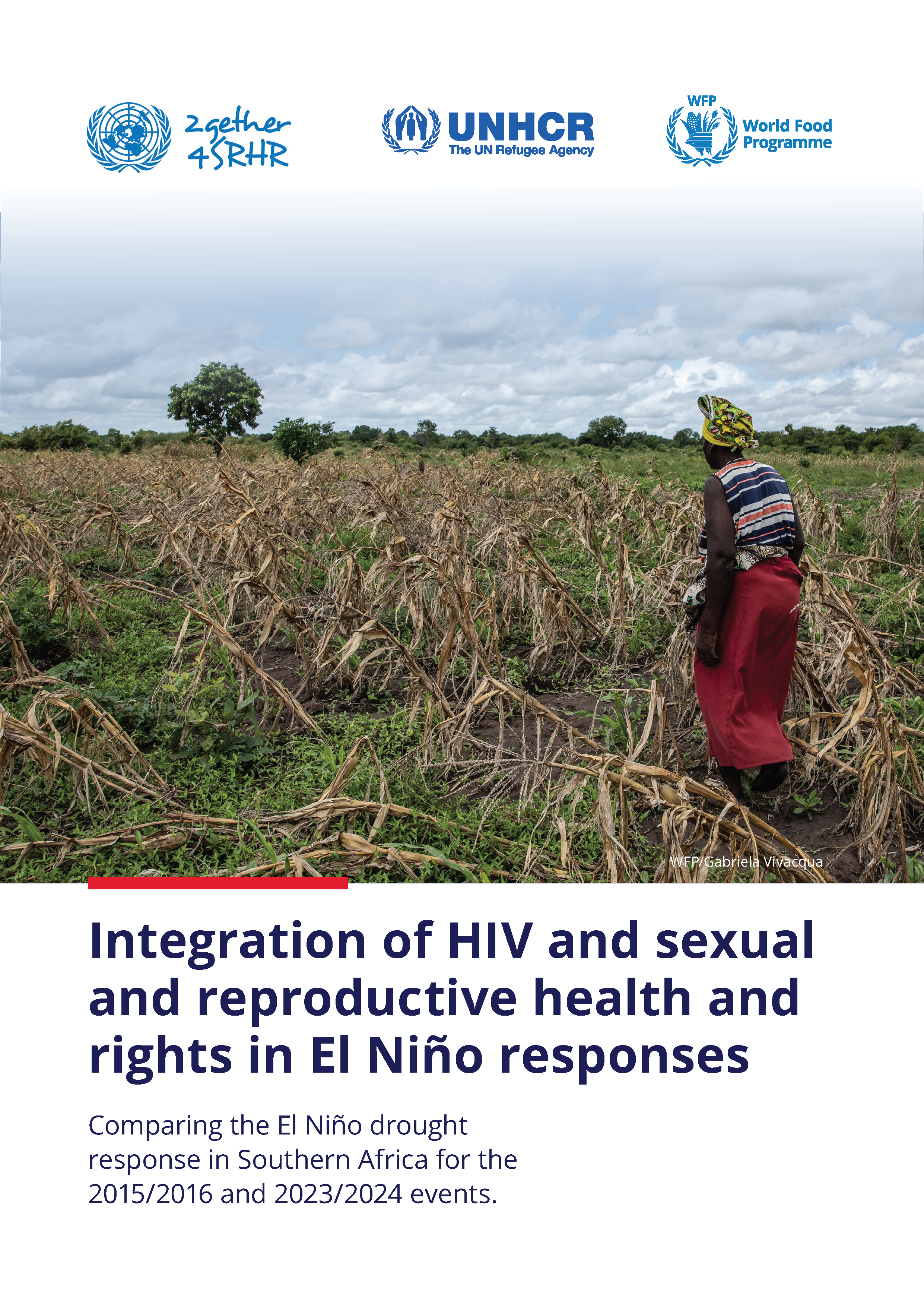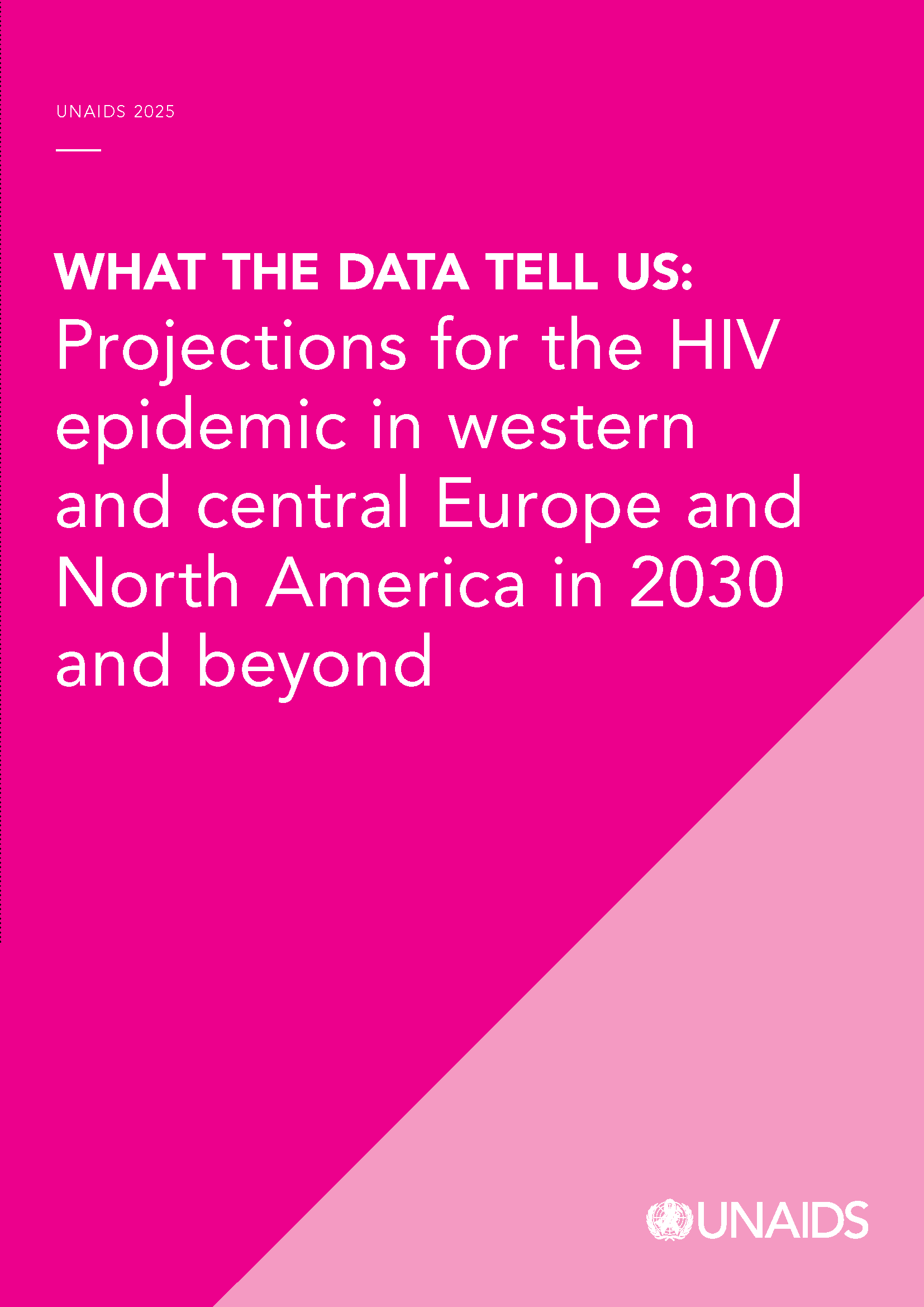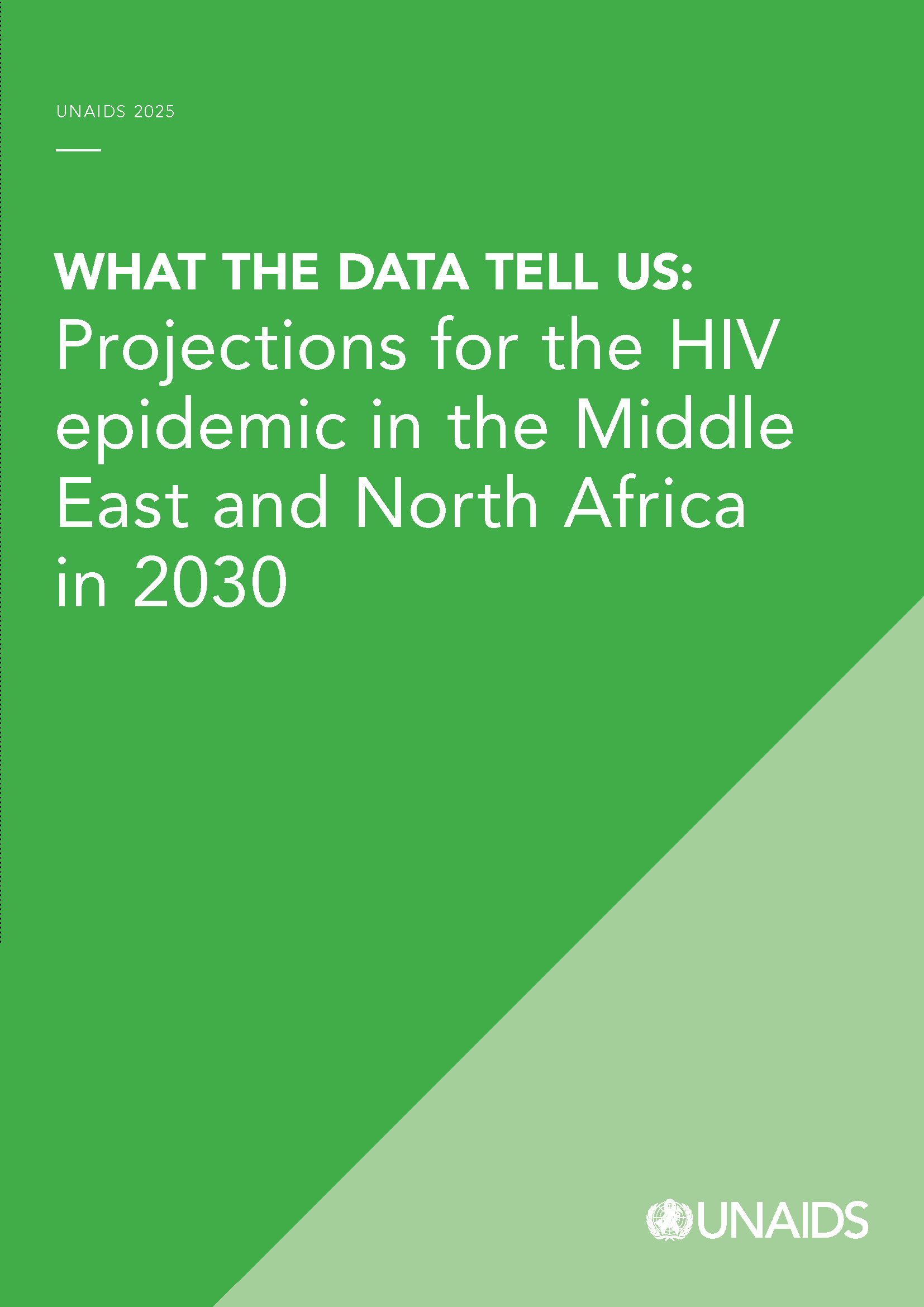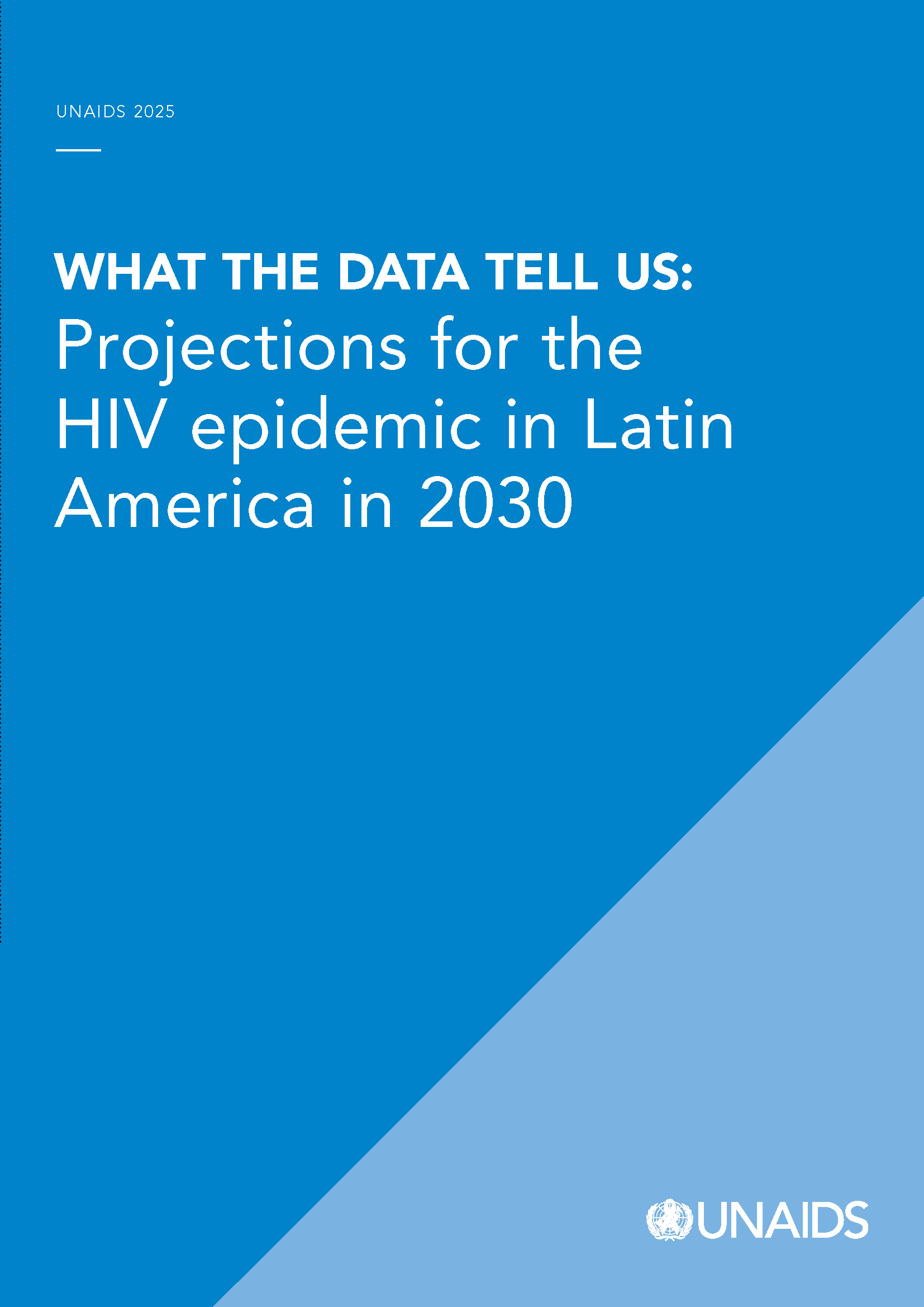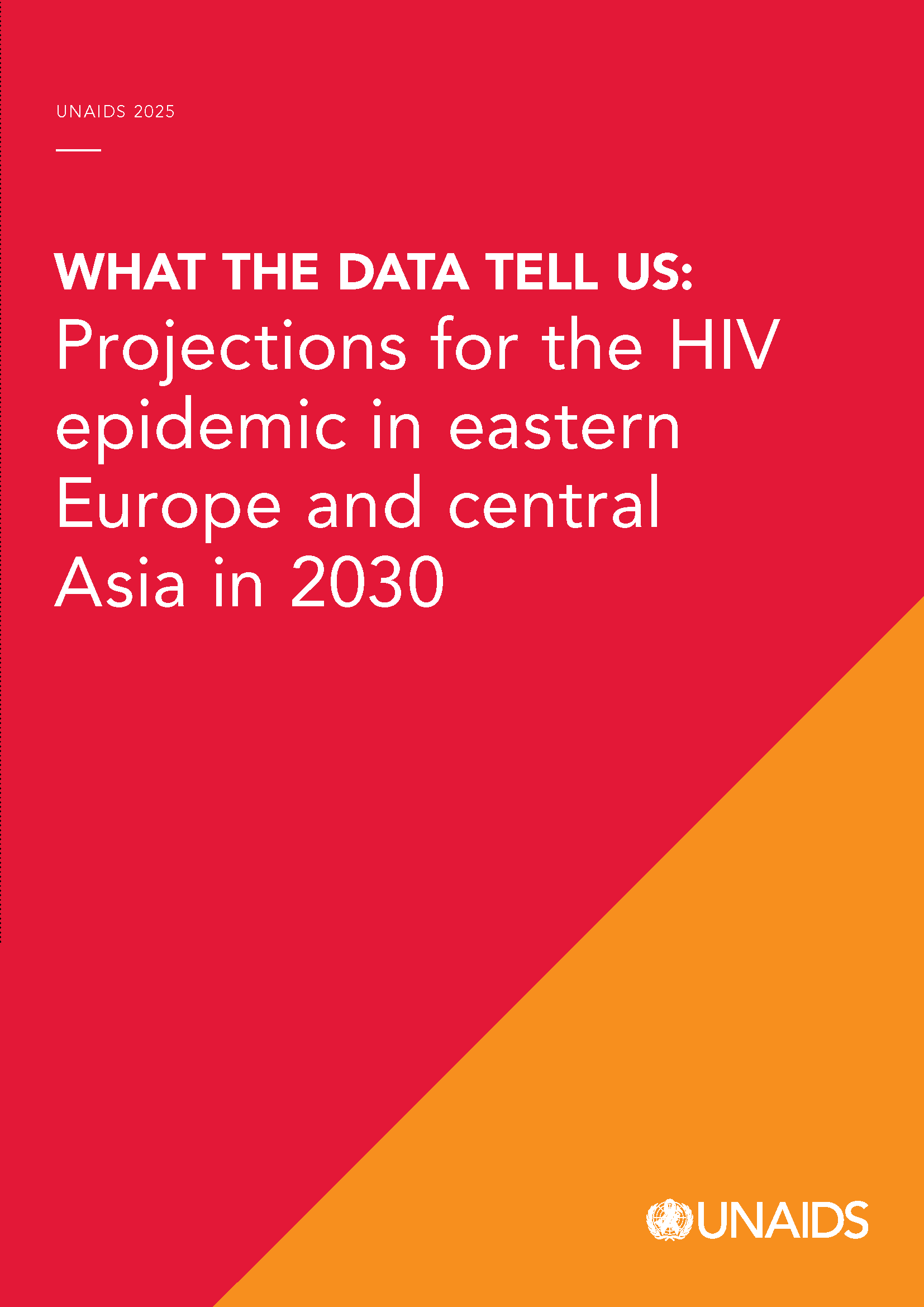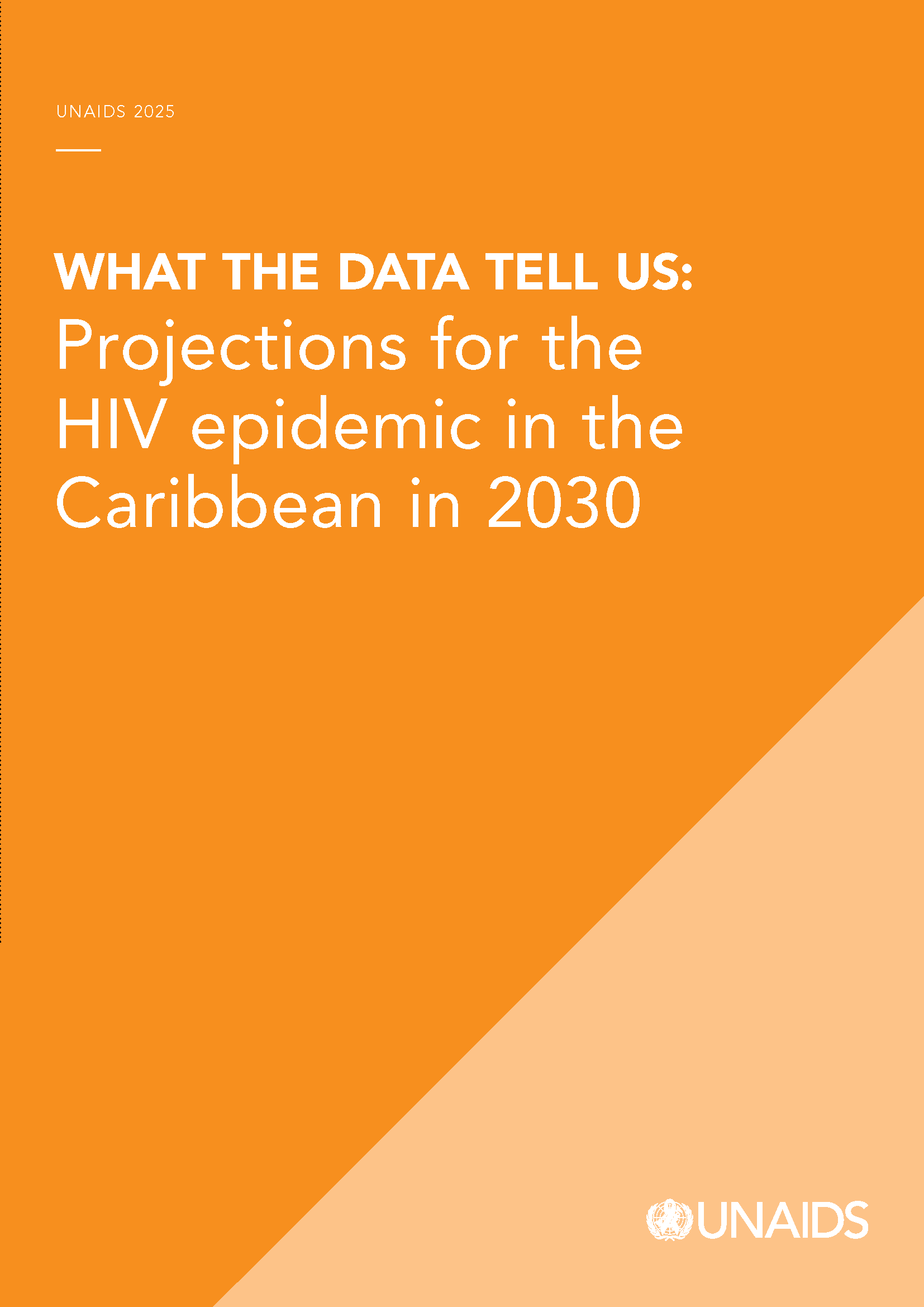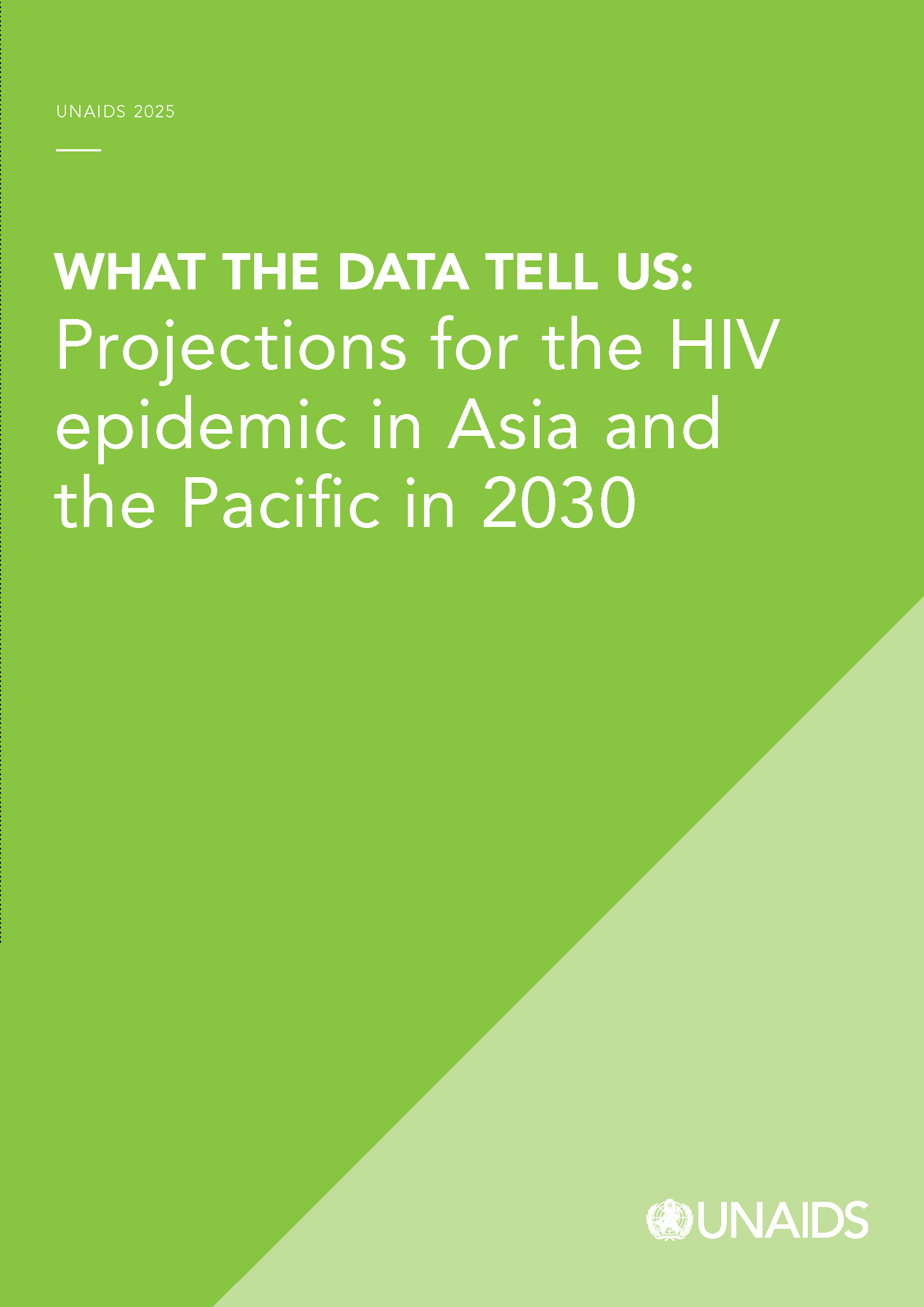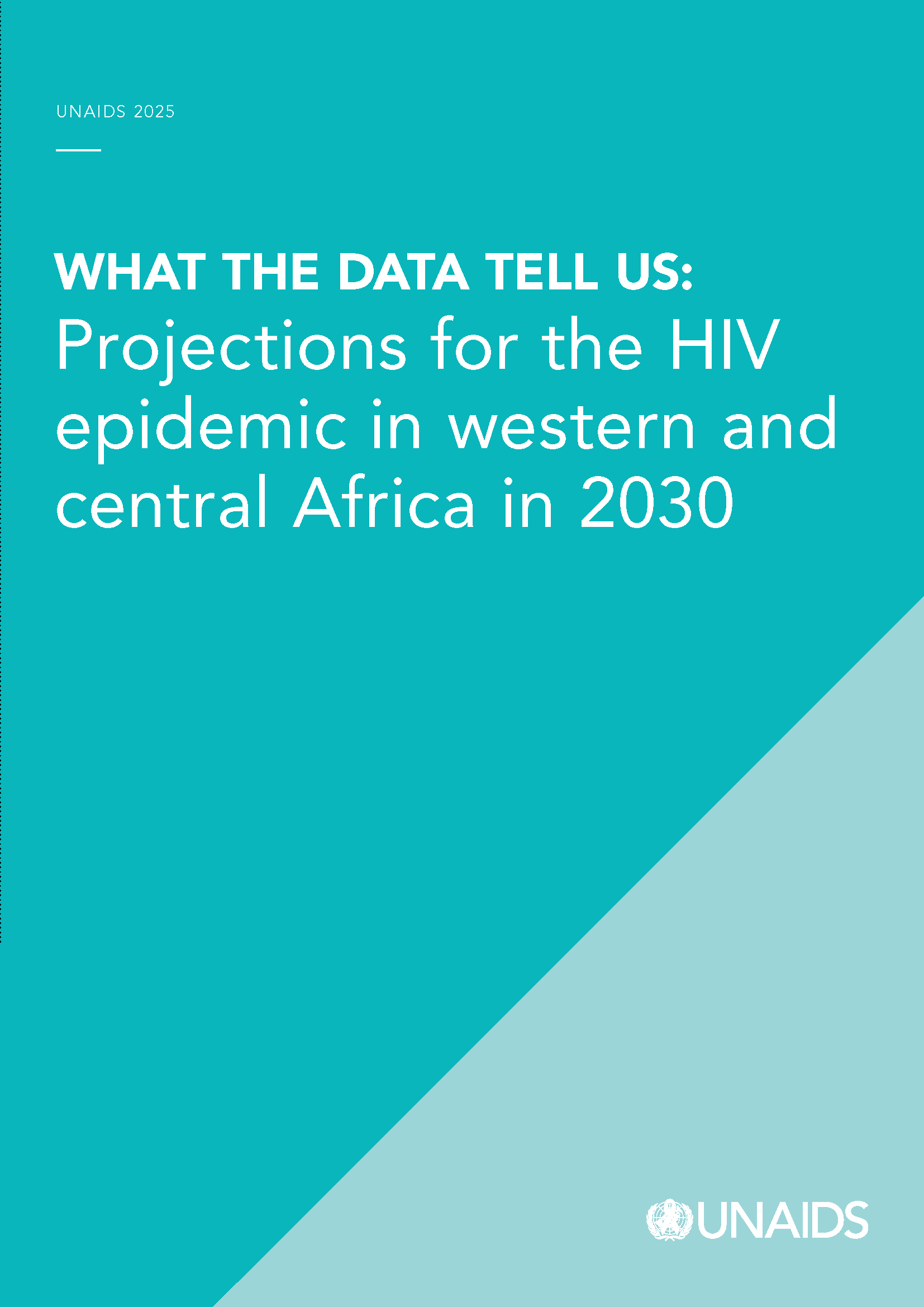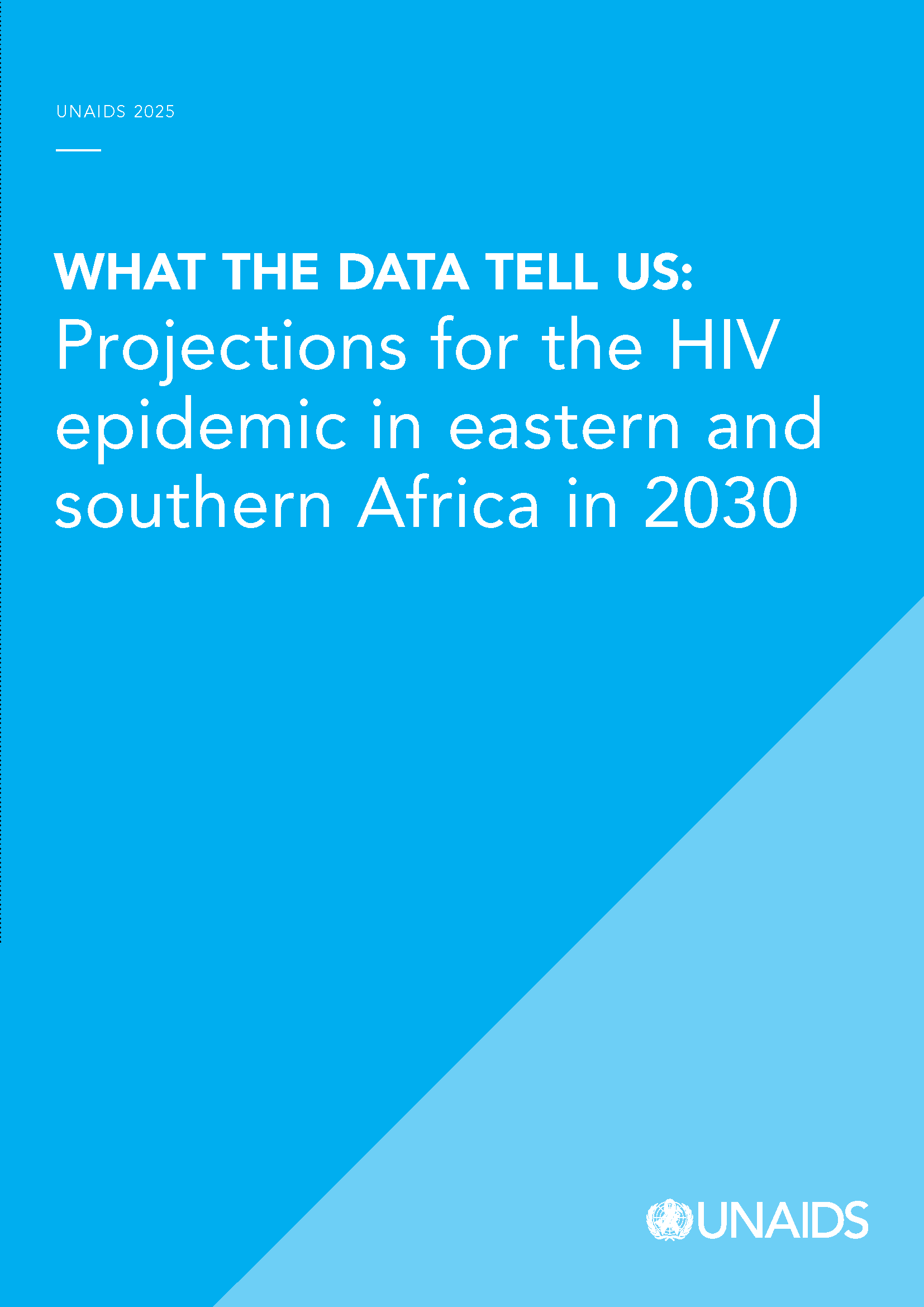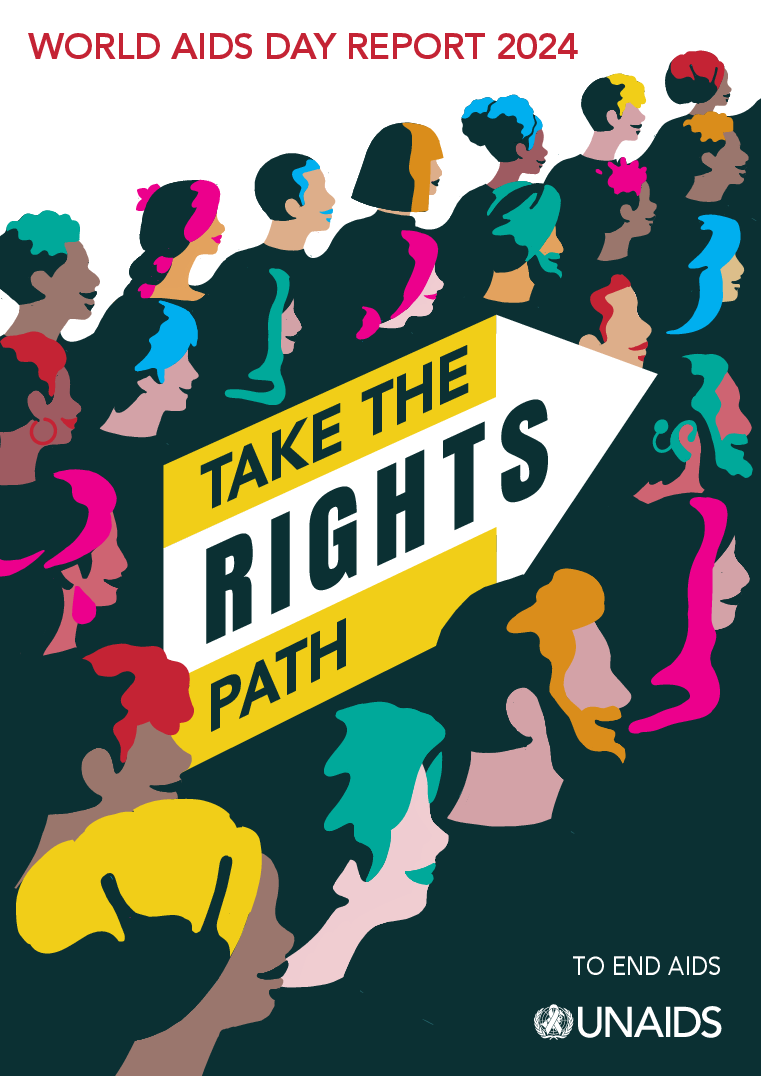
UNAIDS strongly welcomes bold, new US funding package for HIV
UNAIDS welcomes the signing into law of a bipartisan US$ 5.88 billion spending package that reinforces the continued commitment and leadership of the United States in the global response to HIV.
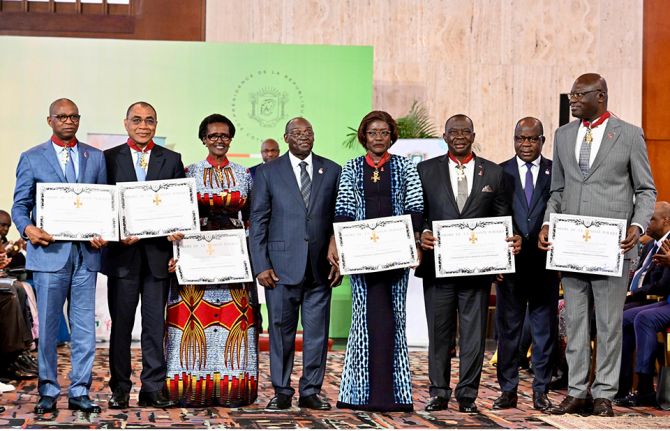
UNAIDS commends Côte d’Ivoire’s commitment to increase domestic funding for HIV
GENEVA/ABIDJAN, 24 July 2025—UNAIDS welcomes the announcement by the government of Côte d’Ivoire to close the funding gap for HIV following cuts from international donors. The Government has committed to invest US$ 60 to 65 million in 2025 and US$ 80 to 85 million from 2026 onwards to maintain critical lifesaving HIV services. These funds are essential to sustain and strengthen the quality of HIV services as part of a nationally owned and led effort to end AIDS in Côte d’Ivoire.
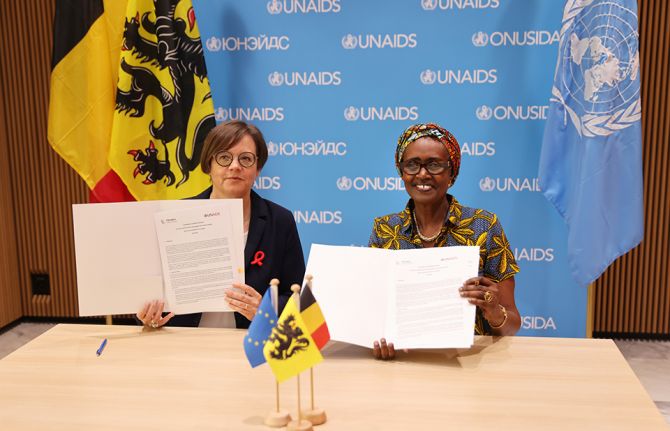
Flanders signs new two-year agreement with UNAIDS including €1.5 million contribution to help end AIDS in Africa
GENEVA, 25 June 2025—UNAIDS and Flanders have strengthened their joint efforts to combat the AIDS pandemic in Africa by signing a new cooperation agreement covering the period 2025—2026. “I want to thank Flanders for their reliable and continued support to UNAIDS and for their strong leadership during this critical phase of the AIDS response,” said UNAIDS Executive Director, Winnie Byanyima. “In these uncertain times, the consistency of Flanders’ engagement is highly appreciated and greatly…
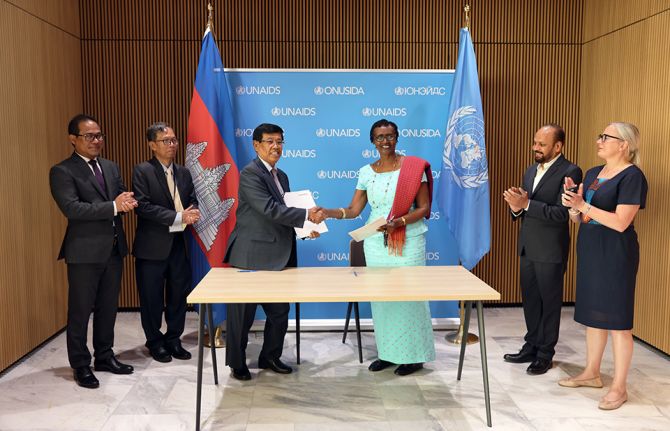
Cambodia signs new cooperation agreement with UNAIDS and pledges US$ 100,000 in funding
GENEVA, 24 June 2025—Cambodia has strengthened their joint efforts to combat the AIDS pandemic by signing a new cooperation agreement with UNAIDS for a year and pledging US$ 100,000.

“Who will protect our young people?”
Noncedo Khumalo grew up in a country with one of the highest HIV prevalence rates in the world, Eswatini—a country landlocked between South Africa and Mozambique. The 24-year-old has overcome her fair share of difficult times to make ends meet. The recent US funding cuts have now put her future in question.

An urgent call to support youth-led organizations
The survey also warns about the abrupt policy changes occurring as a consequence, including the integration of HIV-specific clinics into general health systems, and the surge of restrictive laws targeting organizations working on gender, diversity, and sexual and reproductive health and rights, using the term “foreign agent” to criminalize their work. These changes are causing the collapse of service delivery models and increased barriers to youth-led organizations, further reducing…
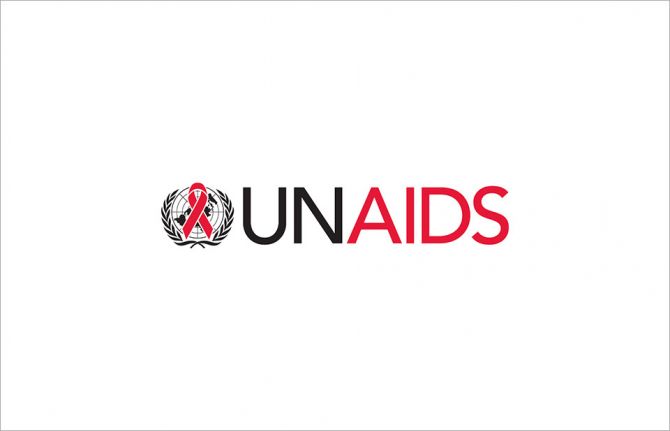
UNAIDS launches bold transformation to sustain progress and end AIDS by 2030
As the global HIV response faces rising risks, UNAIDS shifts to a leaner, sharper model focused on country impact

UNAIDS launches the development of the new Global AIDS Strategy 2026-2031
In the past two decades, HIV-related deaths have been reduced by more than half, and millions of people have gained access to life-saving treatment. Scientific breakthroughs, strong political commitment, and community leadership have transformed the HIV response.

How the shift in US funding is threatening both the lives of people affected by HIV and the community groups supporting them
Community organizations have been particularly impacted by the freeze in funding. Community healthcare workers are losing their jobs, clinics are having to be shut down and, as a result, people in need of HIV testing or prevention or who are living with HIV and dependent on daily antiretroviral medicine are unable to access the life-saving HIV services they need.
HIV Epidemic in Mozambique and US Government Contribution (PEPFAR)
HIV Epidemic in Mozambique and US Government Contribution (PEPFAR)


